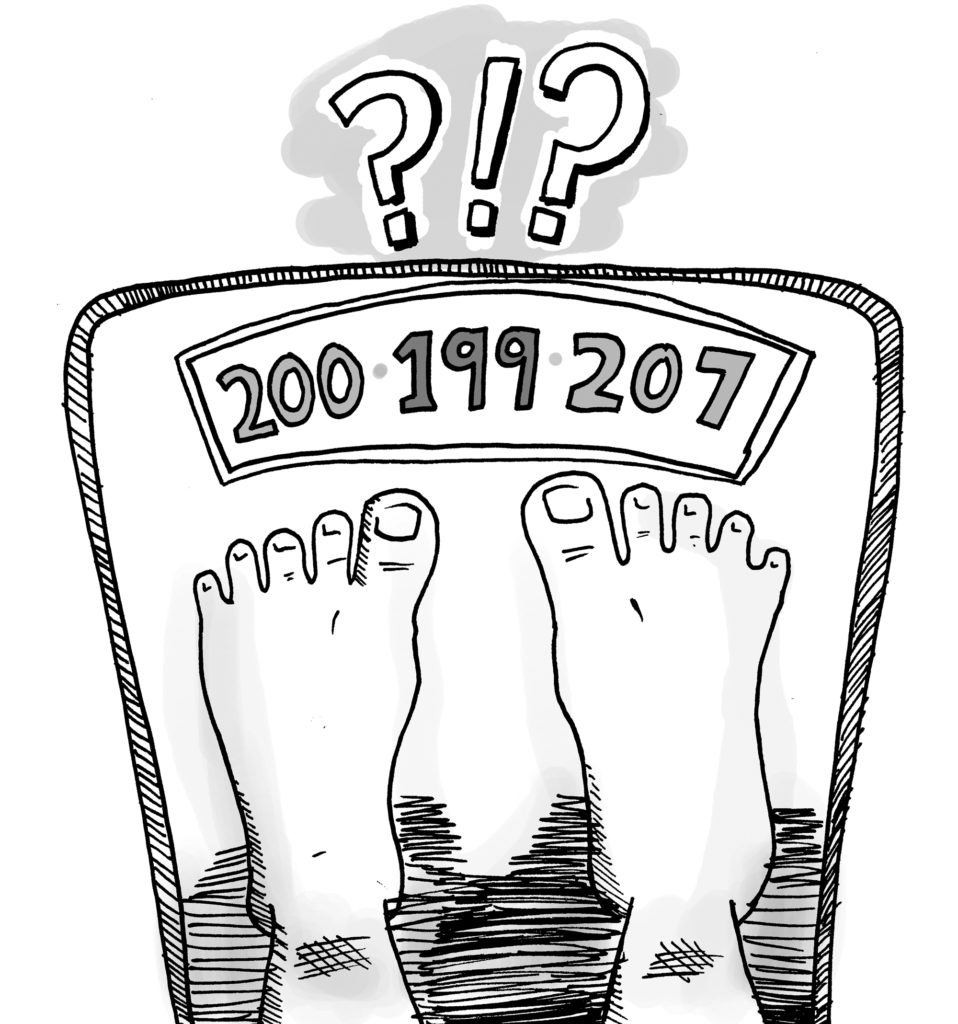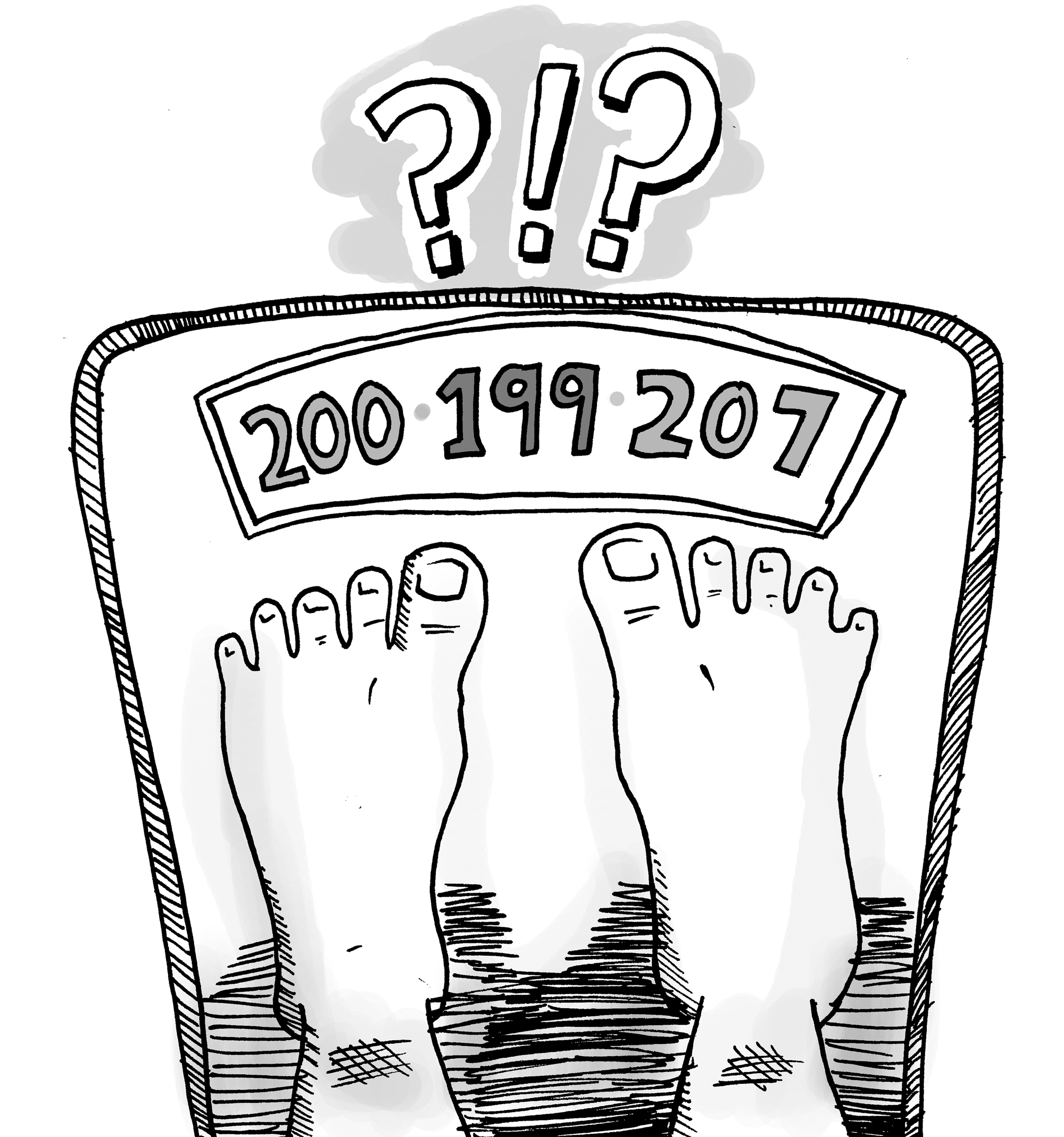Why the pounds just won’t take a knockout
Kristina Vlcek
Contributor

Dieting is a tough business. It’s hard and frustrating to lose those stubborn extra pounds, and it’s even harder to make sure they never return.
A study supported by the Australian government, medical professional groups, and a private foundation was recently brought to the attention of the North American public. The study researched how weight regain can be blamed on hunger hormones, in light of recent findings.
Joseph Proietto of University of Melbourne, an author of the study, created a dietary drink, Optifast, which was used through the study. Fifty overweight or obese patients enrolled into a 10 week regimented program where they drank only Optifast and ate vegetables for eight weeks. This comes out at 500 to 550 calories a day. The two remaining weeks were used to reintroduce the patients back to ordinary food. Only 34 people managed to make it through the whole study. The study was to examine what would happen in people who lost at least 10 per cent of their body weight.
On average, the patients managed to lose 30 pounds during the study, however, they gained 12 pounds back over the next year. This is where the hunger hormone comes in; the scientists tested the blood levels of nine hormones that influence appetite. By comparing the hormone levels from before the weight-loss program to one year after it was over, they found that six hormones “were out of whack in a direction that would boost hunger.”
Experts not connected to the study said the persistent effect on hormone levels was not surprising, and that it probably had nothing to do with the speed of the weight loss. Dr. George Bray, of the Pennington Biomedical Research Center in Baton Rouge, Louisiana, agrees with this statement: “People who lose less than 10 per cent of body weight would probably show the same thing, though to a lesser degree.” Dr. Bray believes the key message of the study is that is better not to gain weight, than to try to lose it.
Dr. Rudolph Leibel, an obesity expert at Columbia University in New York, believes that it is not surprising that our bodies would fight back dieting. In earlier times, weight loss could threaten survival and reproduction. “This is probably a more or less permanent response,” says Leibel. “Avoiding weight regain appears to be a fundamentally different problem from losing weight in the first place, and that researchers should pay more attention to it.”
Leibel most definitely has a point there. Anyone can lose the weight—the real challenge is maintaining it.
Although the study was a mildly interesting one, according to the students who read it, the general belief remains that the responsibility in the fight against gaining weight begins with the individual.


